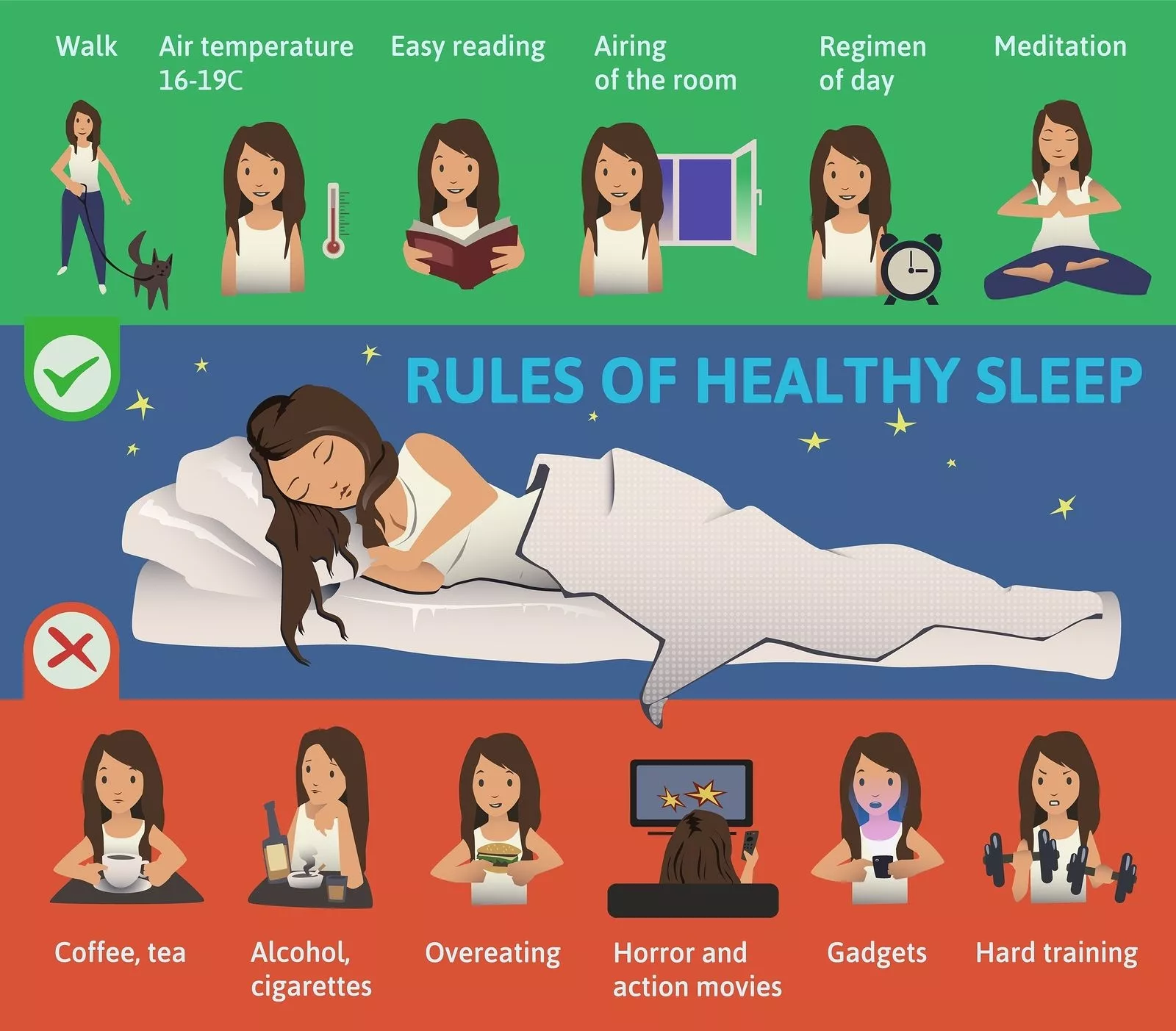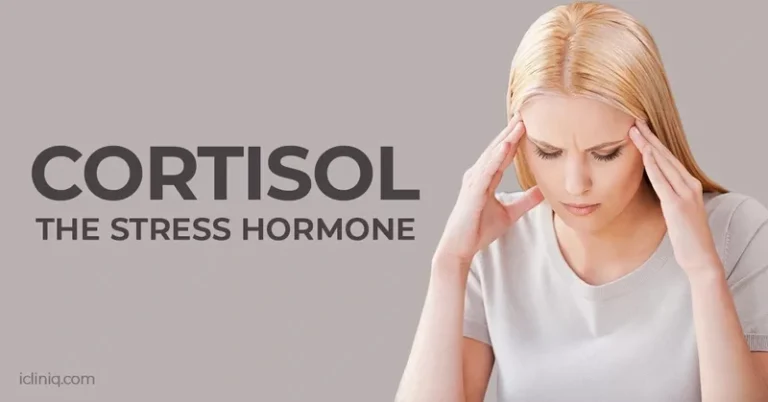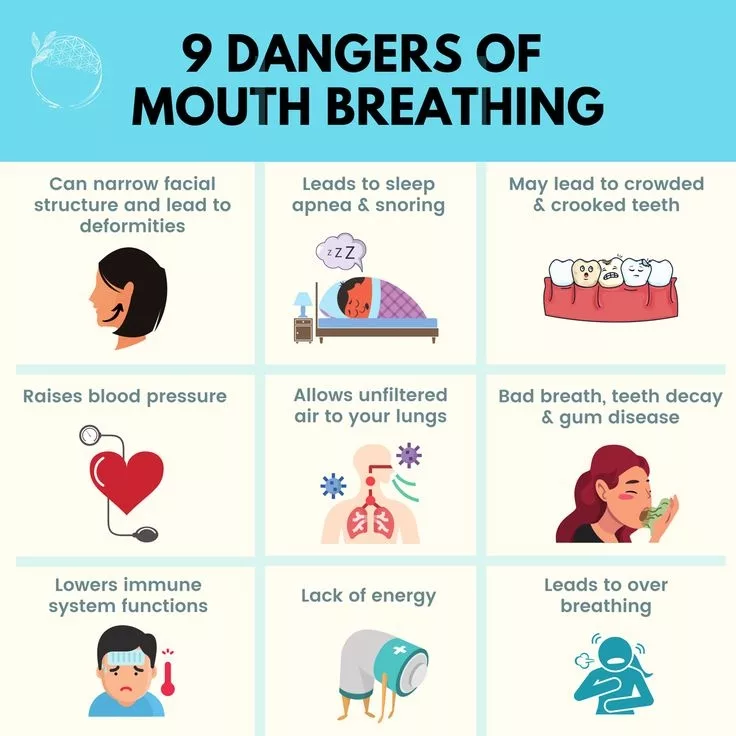Sleep Therapy
Sleep Therapy Effective for Stress Relief and Insomnia Improvement
Hello! How is everyone doing today? I’ve been feeling quite stressed lately and have had trouble sleeping, which led me to learn about sleep therapy. I’ve come to realize how important a comfortable sleep is, and this therapy has really helped me! So, I wanted to share this information with you all. Let’s explore it together!
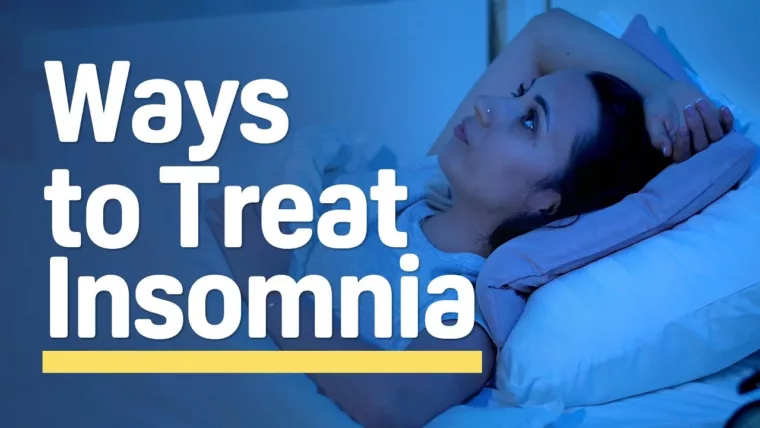
What is Sleep Therapy?
Sleep therapy is a concept that encompasses various approaches to relieve stress and improve insomnia, integrating psychological and physical factors for a holistic treatment method. This therapy is primarily designed to enhance sleep quality and create an environment where the body can naturally recover. It includes practices such as meditation, relaxation training, and specific breathing techniques, focusing particularly on alleviating mental stress through mindfulness and body awareness. Sleep therapy can be adjusted according to an individual’s lifestyle and can help gradually improve sleep patterns and quality.
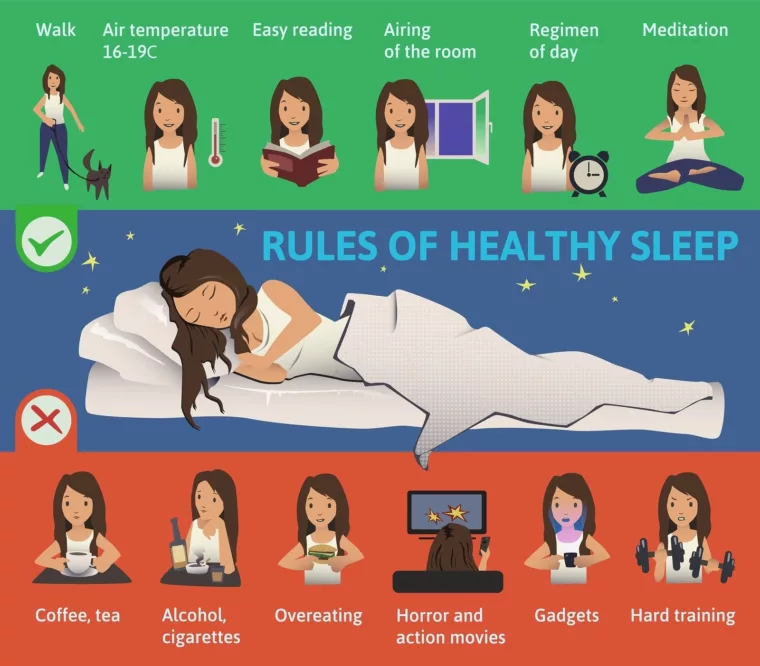
The Relationship Between Stress and Sleep
Stress is a significant factor affecting sleep quality, as psychological discomfort can lead to sleep disturbances. High levels of stress affect the autonomic nervous system, disrupting the secretion of the sleep hormone melatonin. This can result in difficulty falling asleep, unstable sleep, and ultimately create a vicious cycle that hinders restful sleep. If stress is not effectively managed, chronic sleep deprivation can occur, seriously impacting both physical and mental health, making stress management essential.
Causes and Symptoms of Insomnia
Insomnia can arise from various causes, with stress, irregular sleep patterns, and physical illnesses being major contributors. Typical symptoms of insomnia include difficulty falling asleep, frequent awakenings, and feelings of fatigue upon waking. These symptoms can disrupt daily life, leading to decreased mood and concentration. Identifying the exact cause is crucial for preventing and improving insomnia, and seeking professional help when necessary is advisable.
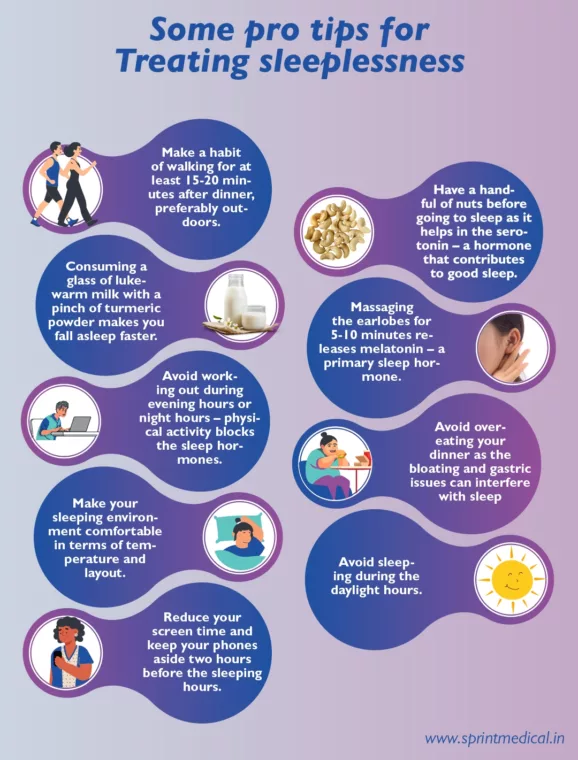
Key Principles of Sleep Therapy
Sleep therapy applies several principles aimed at enhancing sleep quality. One of the main principles is relaxation and environmental changes. Creating a calming environment with soft lighting and soothing music promotes psychological stability. Additionally, breath control and meditation techniques help release physical tension and maintain mental peace. These principles are effective for preventing and treating insomnia, focusing on harmonizing the body and mind. The goal of sleep therapy is not just to sleep but to improve overall health and well-being.
Easy-to-Practice Therapy Methods in Daily Life
Sleep therapy is straightforward and includes many easy-to-practice methods in daily life. For example, spending 30 minutes away from electronic devices before bedtime and reading a comforting book or meditating to calm the mind can be beneficial. After a shower, listening to calming music while doing stretching or relaxation exercises is also helpful. Additionally, establishing a habit of going to bed at the same time each day helps regulate the body’s circadian rhythm. These small changes can collectively lead to better sleep quality.
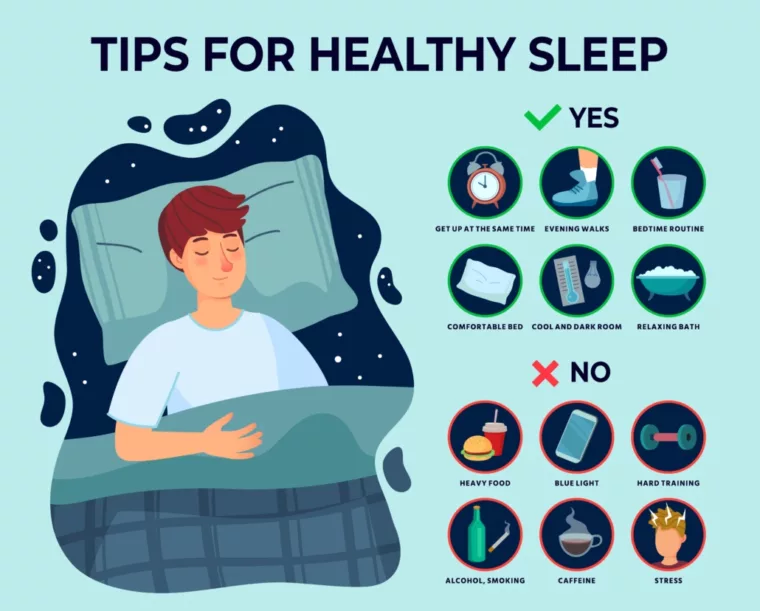
The Importance of Sleep Environment and Improvement Methods
The sleep environment is a crucial factor for comfortable sleep, influenced by elements such as lighting, noise, and temperature. A dark and quiet space plays a vital role in facilitating sound sleep. To achieve this, you can use thick curtains or noise-canceling headphones. Maintaining a suitable temperature is also important; generally, a temperature between 18-22 degrees Celsius is ideal, and choosing a comfortable bed and pillow contributes to enhancing sleep quality. Improving this environment can significantly help alleviate insomnia.
Mindfulness for Stress Relief
Mindfulness is a technique that focuses on the present moment and recognizes emotions or bodily sensations that are often overlooked. This practice is very effective for relieving stress and calming the mind. Simple breath meditation can help manage everyday stress, and regular practice can maintain balance between the body and mind. Additionally, mindfulness can enhance positive emotions and help break free from negative thought cycles. Regular practice is also effective in preventing insomnia.

Improving Sleep Patterns Through Consistent Practice
Consistent practice is one of the key elements of sleep therapy, making it important to establish regular sleep habits. Going to bed and waking up at the same time each day helps regulate the circadian rhythm, contributing to improved sleep patterns. Regularly engaging in relaxation techniques or meditation before sleep can enhance sleep quality. These customized therapy techniques gradually accumulate, providing stability for both the body and mind. This promotes restful sleep and ultimately leads to a healthier lifestyle.
